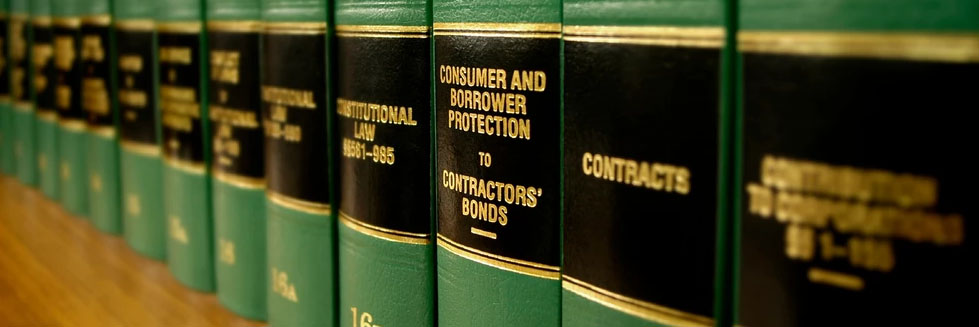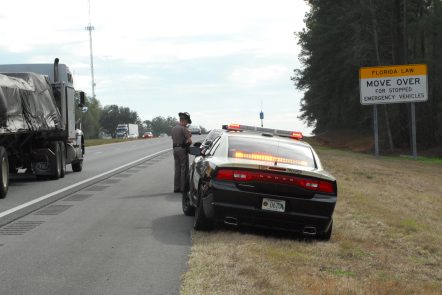

FLORIDA GENERATOR LAWS OFFLINE
Florida statute actually makes it unlawful for any entity block residents from having solar panels.įurther, FPL doesn’t “mandate” that solar panels power down if the grid goes offline in a crisis. Utility providers are instead required to allow customers to connect their solar panels to the grid for “ net metering,” meaning they can enjoy lower utility bills if their homes generate more power than they use, because excess power is sold back to the utility company. More egregious, FPL mandates that if the power goes out, your solar-power system must power down along with the rest of the grid, robbing potentially needy people of power during major outages.Īlthough the “big corporate government/axis of evil” narrative was too juicy for many conspiracy sites to pass up, Floridians are not, in fact, mandated by law to connect solar panels to the power grid. You are instead legally mandated to connect your panels to your local electric grid.

Thanks to power-company rules, it’s impossible across Florida to simply buy a solar panel and power your individual home with it. The New Times reported:įPL’s lobbying wing has fought hard against letting Floridians power their own homes with solar panels. In a 14 September 2017 article, the New Times reported that thanks to lobbying, the utilities company Florida Power & Light (FPL) had so much undue leverage over when and whether customers could make use of solar panels that they were able to prevent solar users from accessing sun-based electricity in Irma’s aftermath. Shortly after the powerful storm hit, the alternative weekly newspaper Miami New Times offered an explanation as to why those with solar panels, who seemingly should be unaffected by a utility grid failure so long as there is sunlight, were also, quite literally, in the dark. In the days immediately following Hurricane Irma making landfall in Florida in early September 2017, many Floridians lost electrical power - including those with solar panels.


 0 kommentar(er)
0 kommentar(er)
